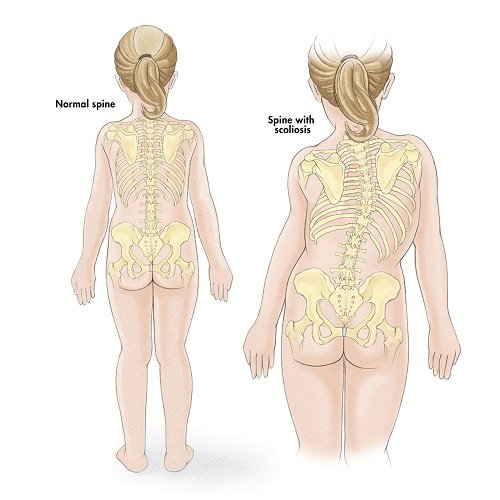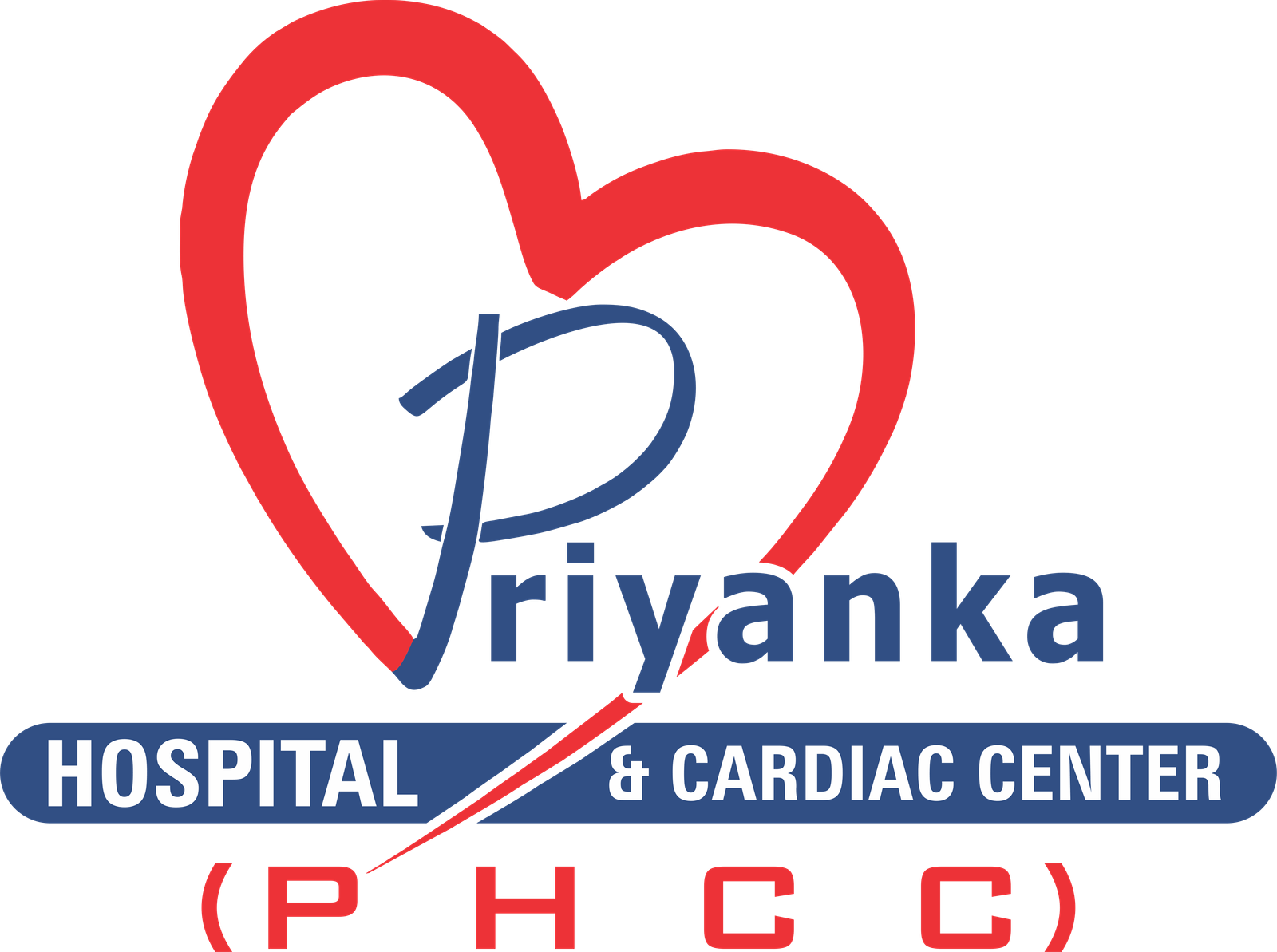Best Spine & Scoliosis Hospital in Jaipur
Welcome to Priyanka Hospital, the top choice for individuals seeking exceptional spine and scoliosis care in Jaipur. With a reputation for excellence and a commitment to patient-centric services, we stand out as the leading destination for comprehensive spinal treatments. Explore why Priyanka Hospital is hailed as the best spine and scoliosis hospital in Jaipur.
When it comes to spine and scoliosis care in Jaipur, Priyanka Hospital stands out as the best choice for superior treatment and compassionate care. Our renowned specialists, comprehensive services, and patient-centric approach ensure that you receive the highest standard of spinal healthcare. Experience the difference at Priyanka Hospital – your premier destination for spine and scoliosis solutions. Schedule a consultation with us today and take the first step towards a healthier, pain-free life.

Why Choose Priyanka Hospital For Spine & Scoliosis Care in Jaipur
As the best spine and scoliosis hospital in Jaipur, Priyanka Hospital offers a comprehensive range of services to address various spinal ailments. From diagnostics to rehabilitation, our integrated approach ensures holistic care tailored to each patient’s unique needs. Priyanka Hospital’s commitment to excellence has resulted in numerous success stories, with patients experiencing improved mobility, reduced pain, and enhanced overall well-being following treatment. Trust us to deliver the best possible outcomes for your spinal health.
We specialize in wide range of spinal conditions
Our team offers state-of-the-art assessment and treatment for conditions affecting the cervical, thoracic, and lumbar spine. We specialize in initial evaluations, diagnosis, and treatment for a wide range of spinal conditions, including:
- Diagnostic procedures such as ultrasounds, laparoscopies, and hysteroscopies.
- Surgical interventions like caesarean sections, hysterectomies, and surgeries for prolapse or heavy bleeding.
- Management of high-risk pregnancies.
- Treatment of disorders of the female reproductive system such as endometriosis or fibroids.
- Screening for cancer, including cervical screening (Pap smear).
- Providing family planning and contraception advice, including fitting intrauterine devices (IUDs).
- Insertion and removal of intrauterine contraceptive devices (IUCDs).
- Diagnosis and treatment of infertility issues.
- Treatment of menopausal symptoms.
What Procedures Can They Perform Spine & Scoliosis
Spine and scoliosis surgeons specialize in treating conditions related to the spine, including spinal deformities like scoliosis. Some procedures they can perform include:
- Spinal fusion: A surgical procedure to join two or more vertebrae together to stabilize the spine.
- Spinal decompression: Surgery to relieve pressure on spinal nerves by removing bone or tissue that's compressing them.
- Diskectomy: Removal of a herniated or damaged disk in the spine.
- Foraminotomy: Enlargement of the openings in the spine where nerve roots exit, to relieve pressure on the nerves.
- Vertebroplasty or kyphoplasty: Procedures to stabilize compression fractures in the spine by injecting bone cement into the fractured vertebra.
- Scoliosis correction: Surgical correction of spinal curvature in patients with scoliosis, which may involve spinal fusion and instrumentation.
- Laminectomy: Surgical removal of the lamina (back part of the vertebra) to relieve pressure on the spinal cord and nerves.
- Osteotomy: Surgical cutting and repositioning of a bone in the spine to correct deformities or improve alignment.
- Minimally invasive spine surgery: Various procedures performed through small incisions, often with the aid of specialized instruments and techniques, to treat spinal disorders while minimizing damage to surrounding tissues.
- Spinal cord stimulation: Implantation of a device to deliver electrical impulses to the spinal cord, which can help alleviate chronic pain.
These are just a few examples of the procedures spine and scoliosis surgeons can perform. The specific procedure recommended will depend on the individual patient’s condition and needs, as determined through thorough evaluation and consultation with a spine specialist.
Explore Our Main Service
Cardiac Sciences
Clinical Diagnostics
Kidney Transplant
Critical & Intensive Care
Gynecology & Obstetrics
Neuro Sciences
Cosmetic Surgery
Spine & Scoliosis
Liver Care
Paediatric Cardiology
Genetic Sciences
ENT Surgery
Joint Replacement
Orthopaedics & Trauma
Pulmonology
Arthroscopy Sportsmedicine
IVF
Dental Sciences
Pain Clinic
Nephrology
Paediatrics
Health Checkup
Urology
Gastro Sciences
Dermatology
Emergency Medicine
Physiotherapy
Sleep Disorder
FAQs on Spine & Scoliosis
What is scoliosis and how is it diagnosed?
Scoliosis is a condition characterized by an abnormal sideways curvature of the spine, which can occur in any part of the spine. It often develops during adolescence but can also be present at birth or develop later in life. Diagnosis typically involves a physical examination, including observation of the spine’s curvature, and may include imaging tests such as X-rays or MRI scans to assess the severity and extent of the curvature.
What are the treatment options for scoliosis?
Treatment for scoliosis depends on factors such as the severity of the curvature, the patient’s age, and the potential for progression. Mild cases may only require monitoring, while more severe cases may require bracing to prevent further curvature progression during growth. In some cases, surgery may be recommended to straighten the spine and stabilize it with implants such as rods and screws.
What are the potential complications of untreated scoliosis?
Untreated scoliosis can lead to several potential complications, including worsening of the curvature, spinal deformity, uneven shoulders or hips, back pain, respiratory problems due to reduced lung capacity, and psychological effects such as self-consciousness or low self-esteem. Early detection and appropriate treatment can help prevent or minimize these complications.
Can adults develop scoliosis, and how is it treated?
Yes, adults can develop scoliosis either due to degenerative changes in the spine or as a progression of childhood scoliosis that was not adequately treated. Treatment for adult scoliosis may include physical therapy to improve flexibility and strengthen muscles, pain management techniques, spinal injections to reduce inflammation, and in some cases, surgery to correct the curvature and stabilize the spine. Treatment decisions are based on factors such as the severity of symptoms, the degree of curvature, and the patient’s overall health.
What lifestyle modifications can help manage scoliosis?
While lifestyle modifications cannot cure scoliosis, they can help manage symptoms and improve overall spinal health. This includes maintaining a healthy weight to reduce stress on the spine, practicing good posture, engaging in regular exercise to strengthen the back and core muscles, avoiding heavy lifting or repetitive activities that strain the spine, and using ergonomic furniture and supportive devices when needed.
Still Have a Question?
If you cannot find answers to your queries, please fill out the enquiry form or call the number below. We will contact you shortly
